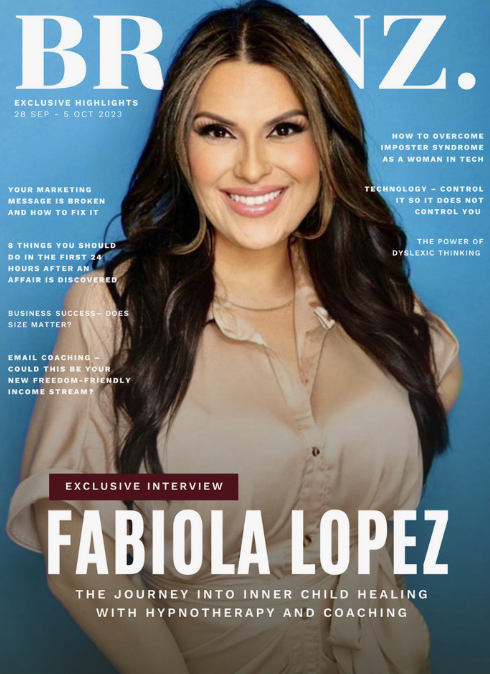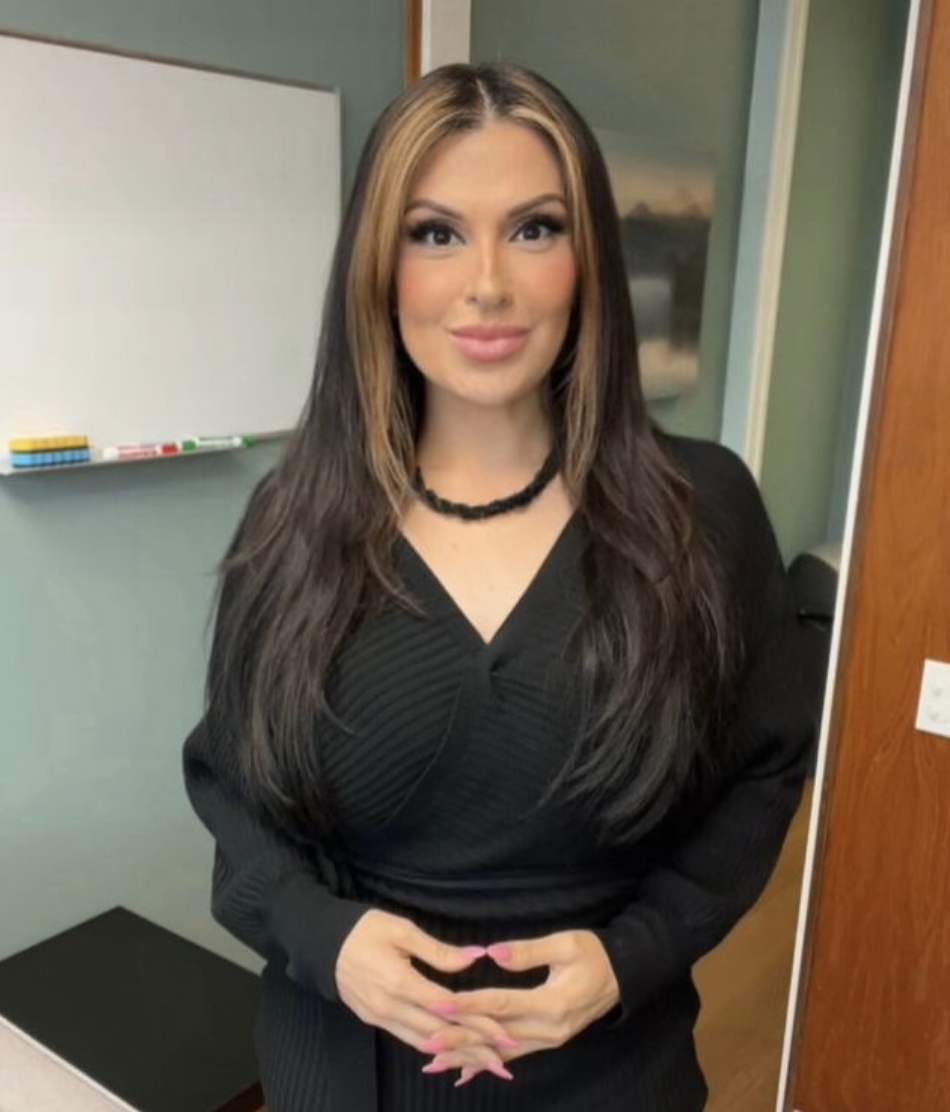Blog & Resources

Nurturing Your Inner Child and Adult: Exploring the Link Between Anxiety and Emotional Resilience
Within each of us lies a delicate balance between the playful innocence of our inner child and the rationality of our adult self. This intricate relationship often serves as the canvas on which anxiety paints its turbulent strokes, blurring the lines between past fears and present uncertainties. In this blog, we embark on a journey to unravel the intertwined nature of our inner child, adult, and anxiety, while discovering effective strategies to manage anxiety as adults and enhance our emotional capacity for recognizing safety amid the storm of anxiety.
Anxiety, a silent companion that whispers doubts and insecurities, often finds its roots in the unhealed wounds of our inner child and the protective barriers erected by our adult self. The echoes of past traumas and unmet needs reverberate through our present experiences, shaping our responses to stress and uncertainty.
Navigating the complexities of anxiety as adults requires a delicate balance of self-awareness, compassion, and resilience. By acknowledging the vulnerabilities of our inner child and empowering our adult self to respond with care and understanding, we can begin to unravel the tangled web of anxiety and create a sense of safety within ourselves.
To navigate the challenges of anxiety and expand our emotional capacity, we must embrace strategies that promote self-care, mindfulness, and emotional growth. By incorporating practices such as mindfulness meditation, self-compassion exercises, boundary setting, and seeking professional support, we can strengthen our emotional resilience and cultivate a safe inner sanctuary where anxiety loses its grip.
Here are some strategies to help manage anxiety as an adult and increase emotional capacity:
Building a toolbox of strategies for coping with anxiety, especially when it triggers fear-based feelings from childhood, is crucial for managing and overcoming these challenges. Here are personalized strategies that can help navigate anxiety rooted in childhood experiences:
Inner Child Work: Practice inner child healing exercises, such as visualization techniques or writing a letter to your inner child, to nurture and comfort the younger parts of yourself.
Grounding Techniques: Use grounding exercises, like the 5-4-3-2-1 method or deep breathing, to anchor yourself in the present moment when triggered by past fears.
Self-Compassion Practices: Cultivate self-compassion through daily affirmations, self-soothing gestures, and treating yourself with kindness and understanding.
Journaling and Reflection: Journal about your childhood experiences, fears, and triggers to gain insight into their impact on your present anxiety and work through them.
Mindfulness and Meditation: Practice mindfulness meditation to observe and accept your thoughts and emotions without judgment, fostering a sense of calm and self-awareness.
Establish Safe Boundaries: Set boundaries with others and yourself to create a sense of safety and protect your emotional well-being.
Connect with Supportive Community: Engage with a supportive community, whether in-person or online, where you can share your experiences, receive validation, and feel understood.
Cognitive Restructuring: Challenge and reframe negative thought patterns by identifying distorted beliefs and replacing them with more realistic and empowering thoughts.
Creative Expression: Express your emotions and experiences through creative outlets like art, music, or writing to process and release pent-up feelings.
Physical Self-Care: Prioritize self-care activities that nurture your body, such as regular exercise, healthy nutrition, and adequate rest, to support your overall well-being.
Affirm Your Adult Self: Remind yourself of your strength and resilience as an adult, acknowledging the progress you've made and the capacity to overcome challenges.
By incorporating these personalized strategies into your coping toolbox, you can navigate anxiety rooted in childhood fears with compassion, self-awareness, and resilience. Remember that healing is a journey, and it's okay to seek support and take small steps towards growth and healing.

Exclusive Interview: Fabiola Lopez's Journey Into Inner Child Healing With Hypnotherapy And Coaching
Inspiring Conversations with Fabiola Lopez of South Pasadena Hypnosis






